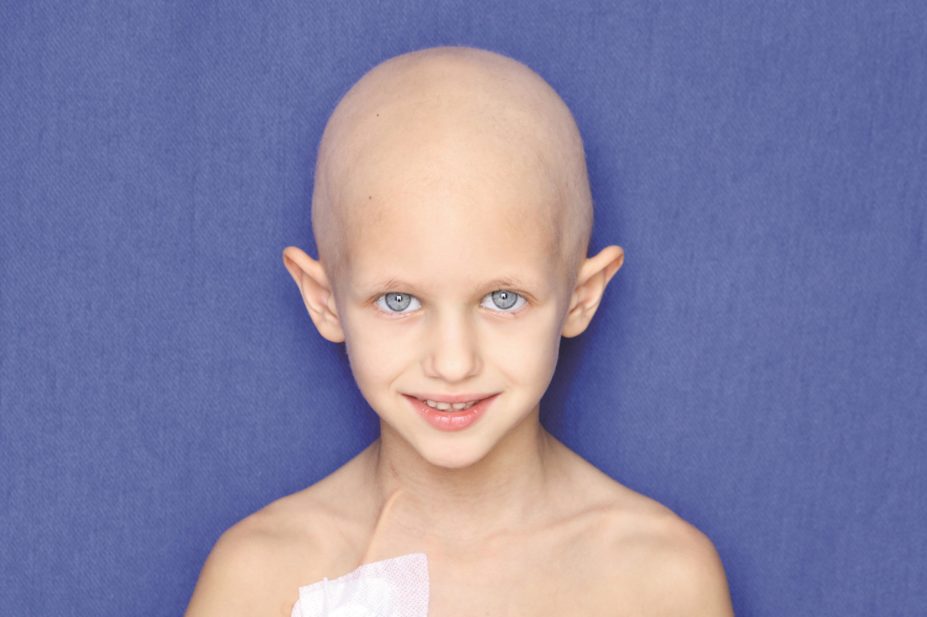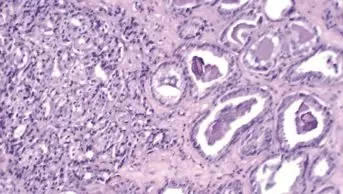
Shutterstock.com
Radiotherapy has gradually been replaced in paediatric cancer treatment with more intensive chemotherapy. But the effect of chemotherapy on the future fertility of cancer survivors is not well established.
Researchers studied data on 10,938 cancer survivors treated with chemotherapy before the age of 21 years between 1970 and 1999, and 3,949 of their siblings.
They found that, by the age of 45, male survivors were around 40% less likely to have sired a live birth than siblings, but female survivors were only about 20% less likely to have had a live birth than siblings.
The study also revealed an association between cisplatin and reduced fertility in male survivors, which the team says requires further research.
Nevertheless, the researchers say that their findings, reported in The
Lancet Oncology (online, 22 March 2016)[1]
, should be reassuring to female cancer survivors.
References
[1] Chow EJ, Stratton KL, Leisenring WM et al. Pregnancy after chemotherapy in male and female survivors of childhood cancer treated between 1970 and 1999: a report from the Childhood Cancer Survivor Study cohort. The Lancet Oncology 2016. doi: 10.1016/S1470-2045(16)00086-3


